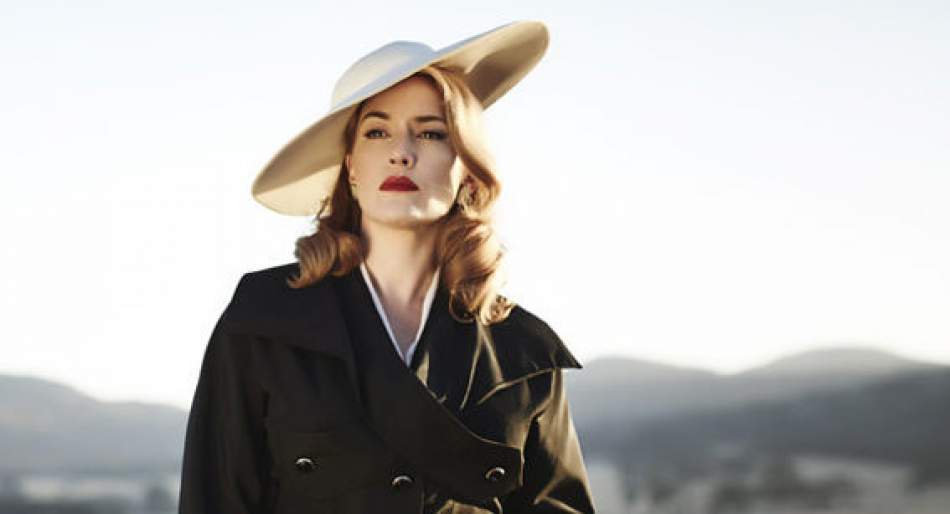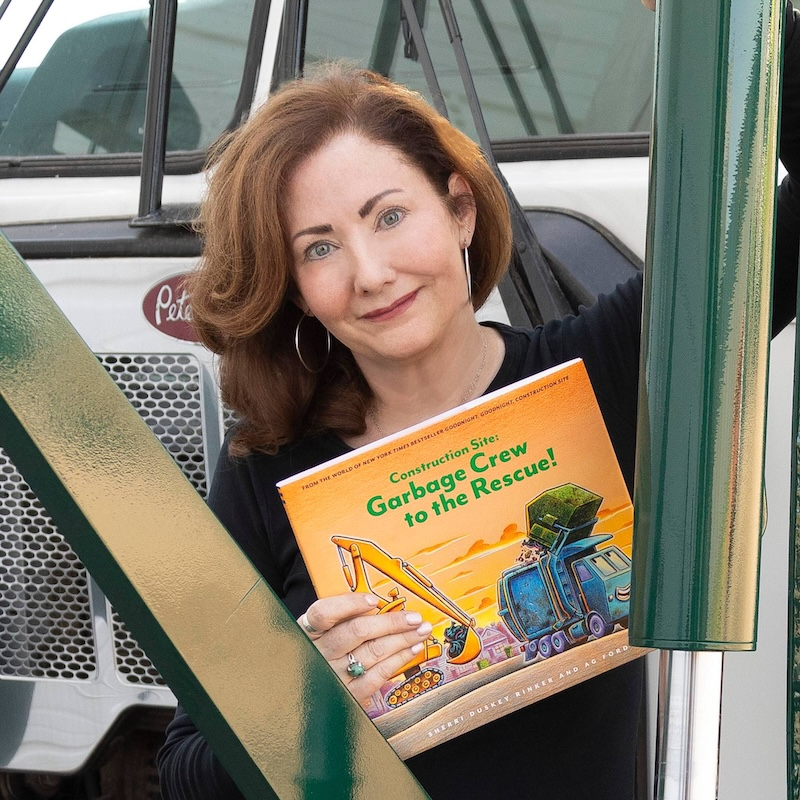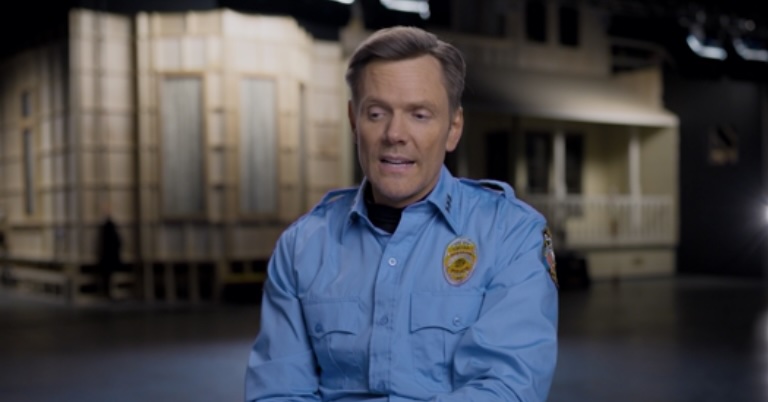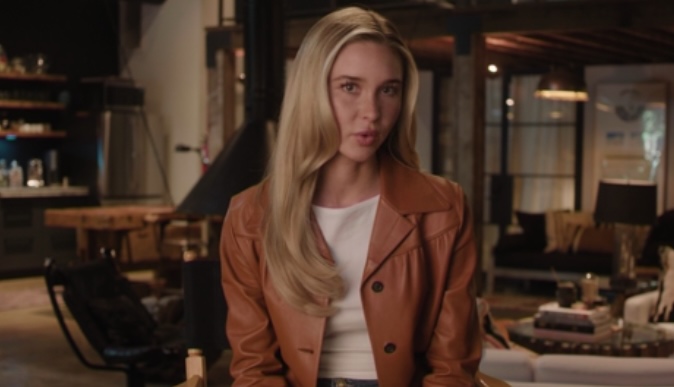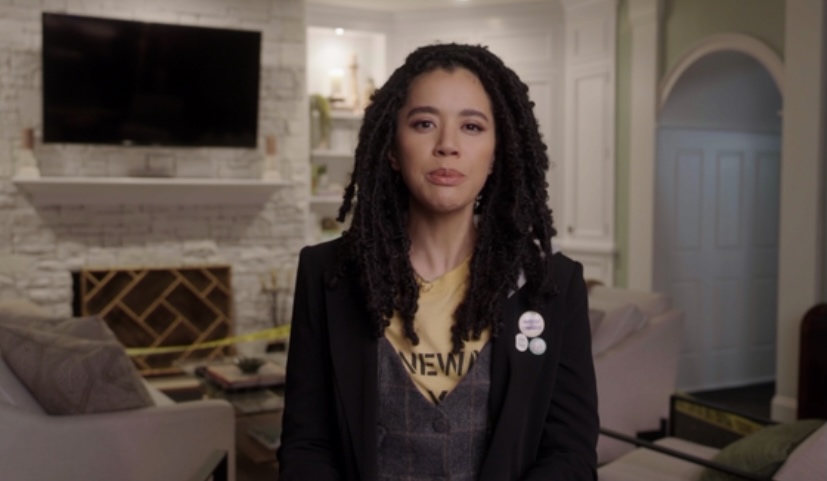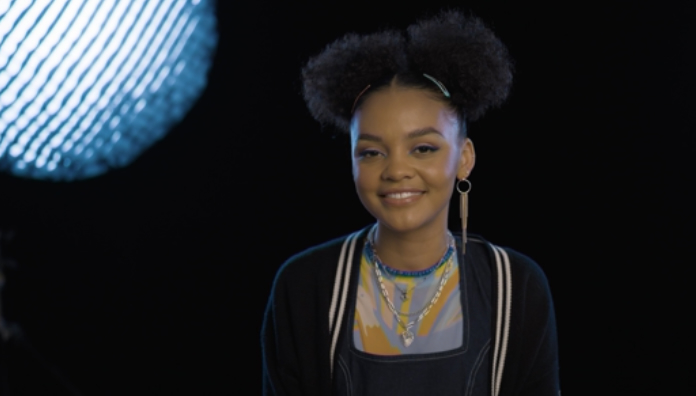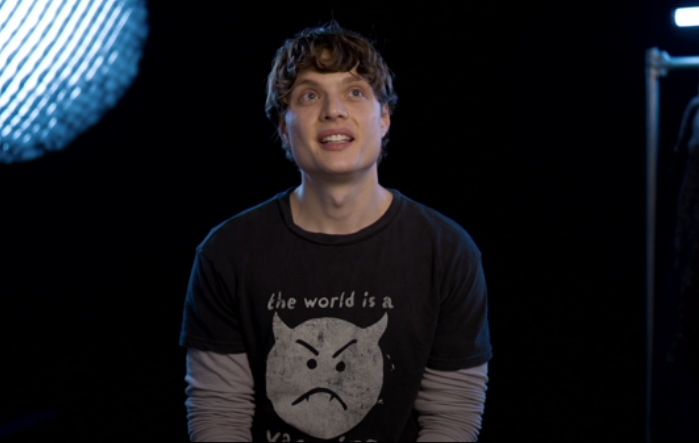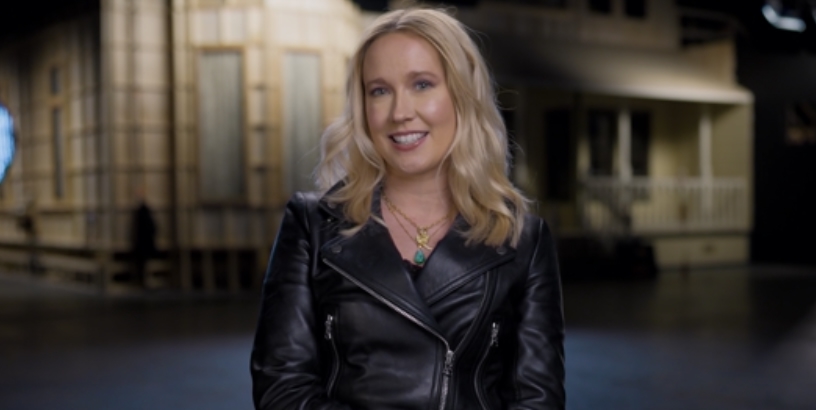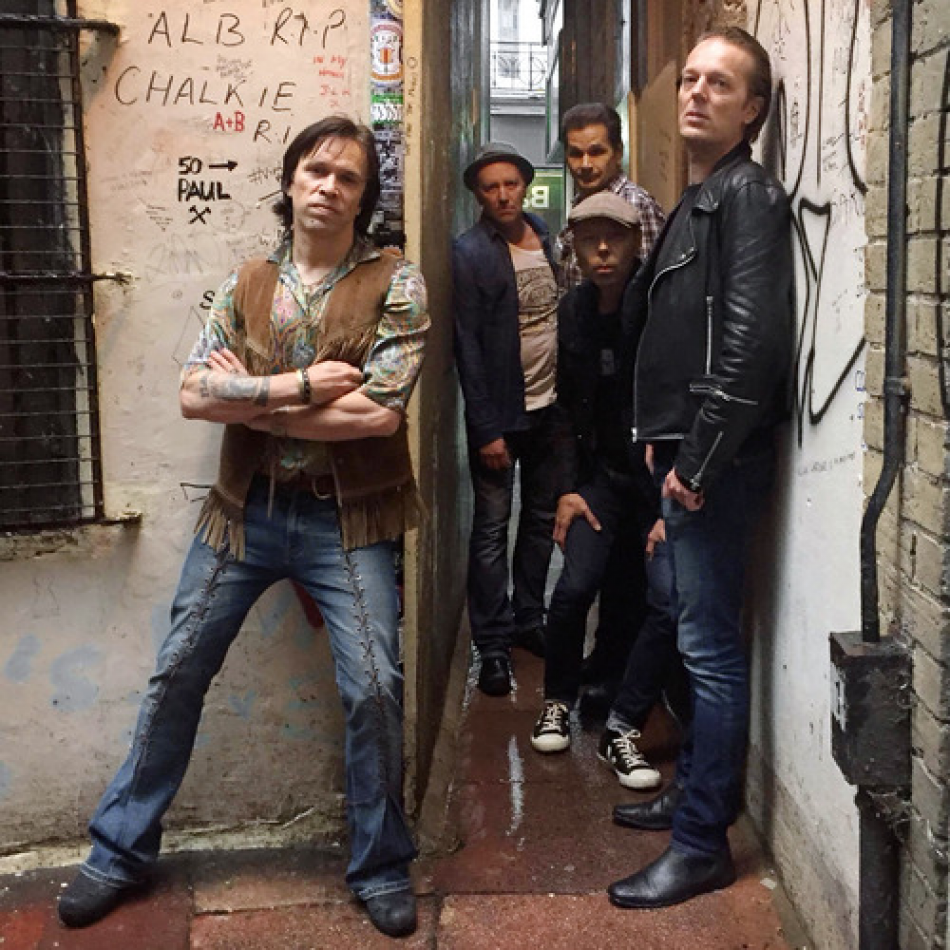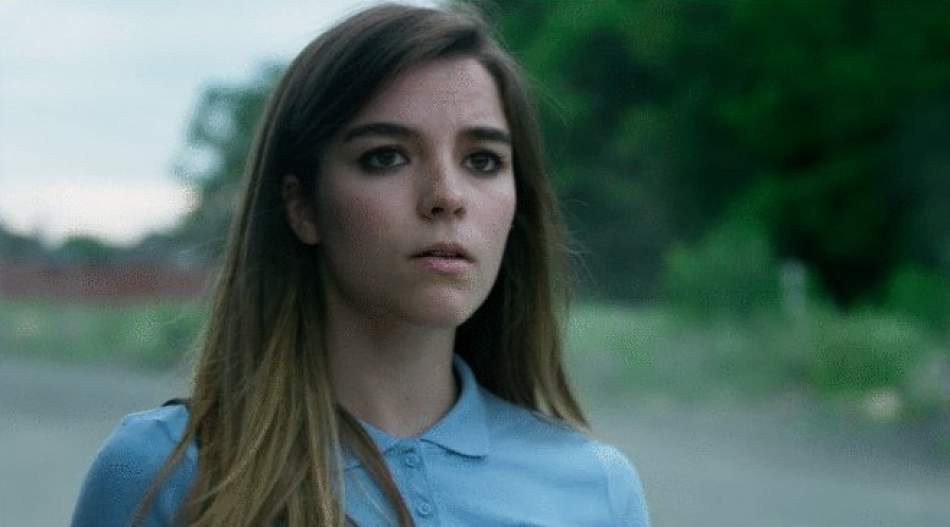Rosalie Ham is an author. Her debut novel,
The Dressmaker (2000) has been adapted into film with
Kate Winslet in the lead role. He published also
Summer at Mount Hope (2005),
There Should be More Dancing (2011) and
The Year of the Farmer (2018)
Q. The novel, The Dressmaker also tells the story of a woman's desire for emancipation in a bigoted place. What do you think of this interpretation?
A. Both stories resonate with audiences because they are true. There is always someone trying to break out of a place that restrains them or disparages ‘the other.’ Adversity forcing someone to find the courage and strength to realize their own potential is a familiar thing, and to flee from, or fight against bigotry is a joyful, triumphant story. The Dressmaker is about transformation, and Tilly’s choice to seek revenge was forced on her by the people who ruined her life through bigotry, fear and prejudice. Rather than disguising their flaws through lovely costumes, Tilly appealed to their sense of vanity, their personal flaws were exacerbated and they were transformed into who they really were under their facades and this was their ‘unstitching’ and Tilly was freed. Their own lies and hypocrisy saw them lose everything. This was affirming for people who feel oppressed by other people’s expectations and beliefs, and Tilly’s story offers hope and is satisfying because the revenge was self-fulfilling, and in Brooklyn, the bigotry saw Eilis realize what was good and true and right for her.
Q. How did you get the idea of the novel?
A. The Dressmaker is my first novel, and so it attempts to convey some ideas from my life to that point. I had travelled a lot and seen that small communities in all countries shared similarities and I wanted to write something that would create something recognizable for empathy, but a story that was not predictable. The characters and themes of vanity, hypocrisy and competition, secrets as power and how hierarchy and what is acceptable are familiar, and those themes are also destructive. My mother was a seamstress and as a child I observed that a new frock could make someone a little more proud, a little more please with themselves, and so these things were the seed for my thoughts on the destructive power of gossip, lies and vanity.
Q. Jocelyn Moorhouse is the screenwriter and director of the film: have you interacted with her?
A. I know too little about adapting a novel to screen, and so I handed it over to the experts. Jocelyn had made an excellent film called Proof (2005). It was a film about a blind photographer and so I knew that Jocelyn would be able to adapt my story with its collision of comedy and tragedy and the resulting irony. These are elements of style that could have been very badly interpreted but I trusted Jocelyn, and I also trusted the producer of the film, Sue Maslin, whose vision for the film met my story perfectly. Sue and I were both raised in the same small community and we went to school together, so Sue understood the story.
Q. Did you work with Kate Winslet or did she ask you about the character?
A. When Sue and I discussed making the film, I asked if I could be an extra, and included my friends and family in that request. So some of us are in the Dungatar crowd, and I first met Kate Winslet the day the football scenes were being filmed. Kate was standing in the middle of the football oval in a beautiful black gown against a backdrop of dust and gum trees. We spoke about Tilly’s relationship with Molly (Judy Davis), and the subtext to certain scenes. It was obvious to me that Kate is a perceptive reader and very clever. She played Tilly perfectly. Kate Winslet is also a very lovely person.
Q. What is your relationship with the Italian literature?
A. The Leopard, by Lampedusa is one of my favourite books, and I have also enjoyed Eco’s The Name of the Rose, and of course, Dante. I have The Iguana (Anna Maria Ortese) on my wish list. I love the drama and wonder of Italian literature, and I am also familiar with your excellent Italian films.
Q. The Year of the Farmer is your recent novel.
A. My forth novel returned to a small rural community where there is love, tragedy and irrigation water wars.
